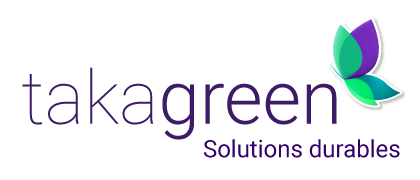> Occasional aid to deal with the crisis
The objective of this aid is to mitigate the effects of the energy crisis, to support the competitiveness of companies and to avoid production stoppages at the sites that consume the most gas and electricity, in particular those providing essential production. The aid takes the form of a grant.
> Aids to accelerate the transition
The Ademe Heat Fund aims to support projects for the production of heat from renewable energies and energy recovery (EnR&R) as well as the heating networks linked to these installations and, under certain conditions, the production of renewable cold. .
The Eco-Energy Loan (PEE) makes it possible to finance companies in their investment project falling within the challenges of environmental protection and energy saving.
This device is intended for micro-enterprises, VSEs and SMEs with more than 3 years of existence and being financially sound. To benefit from it, the company must commit to an investment program which will aim to improve their energy efficiency.
The tax credit concerns certain expenses aimed at improving the energy efficiency of premises for tertiary use (offices, shops, warehouses, etc.) of VSEs and SMEs. Its amount is 30% eligible expenses, within the limit of 25 000 € tax credit per company.
The heating boost for tertiary buildings aims to financially encourage the owners or managers of tertiary buildings to replace their heating or domestic hot water production equipment using coal, fuel oil or gas other than condensing profit when possible:
– connection to a heating network supplied mainly by renewable or recuperated energies,
– or, failing that, in the event of technical or economic impossibility of connection, installation of heating or domestic hot water production equipment that does not consume coal or fuel oil.
Companies (including agricultural, agri-food, associations) are concerned. The aid from ADEME is provided mainly in the form of a flat rate subsidy per unit of annual production capacity (€/MWh).

